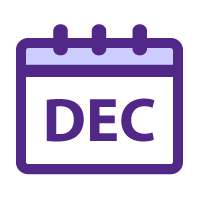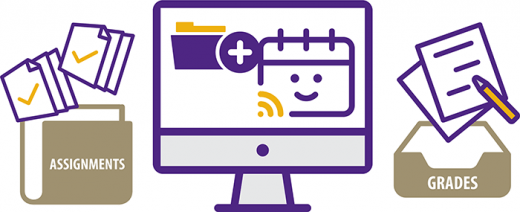 Are you looking for some valuable online resources for your students? Several Curriculum and Instruction faculty suggest the following:
Are you looking for some valuable online resources for your students? Several Curriculum and Instruction faculty suggest the following:
Cyndi Kuhn (Online Teaching Certificate) —
1. Workshop Resources: http://www.cyndikuhn.info
2. Pinterest: http://pinterest.com/cyndidk/
3. paper.li: iPads in the Classroom: https://paper.li/cyndidannerkuhn/1315581508#!headlines
Dr. Brad Burenheide (Secondary Social Studies) —
- U.S. National Archives and Records Administration (NARA) (http://www.archives.gov)
- Gilder Lehrman Institute of American History (https://www.gilderlehrman.org)
- National Council for the Social Studies (NCSS) (http://www.socialstudies.org)
- Doingsocialstudies.com
- Any repository of primary sources
Dr. Tom Vontz (Elementary Social Studies) —
- Ed Teacher Tech (http://edtechteacher.org)
- Getty Images (http://www.gettyimages.com)
- Fact Monster (http://www.factmonster.com/encyclopedia.html)
Dr. Lori Levin (Literacy)—
- Readwritethink.org – fantastic lesson ideas and student interactives for literacy and the content areas – http://www.readwritethink.org/
- Wonderopolis.org – a site dedicated to fostering curiosity and a love for learning – https://wonderopolis.org/
- Read Kansas! – a site with lesson plans for reading and writing from the Kansas Historical Society – https://www.kshs.org/p/read-kansas/14921
Dr. Sherri Martinie (Secondary Math) —
- Illustrative Mathematics (https://www.illustrativemathematics.org)
- Mathematics Assessment Project – (http://map.mathshell.org/materials/index.php)
- NCTM Illuminations: Resources for Teaching Math (http://illuminations.nctm.org)
- Math Practice Standards resources (http://www.debbiewaggoner.com/math-practice-standards.html)
Kaylee Myers (Elementary Education) —
- Starfall (http://www.starfall.com)
- Any site that has children’s books to read on-line or interactive books
- Hubbard’s Cupboard (http://www.hubbardscupboard.org)—For beginning reading teachers, especially the mini readers and section on Environmental print.
Dr. Vicki Sherbert (Secondary English/Language Arts, Speech/Theatre, Journalism) —
Dr. Phillip Payne (Music Education) —
- http://teachonline.asu.edu/objectives-builder/
- iTunes and the App Store (these are changing every day and some are absolutely amazing!)
- Loopy and MadPad are two that are fantastic!




 So…maybe I’m not the BEST person to write this, but….
So…maybe I’m not the BEST person to write this, but….